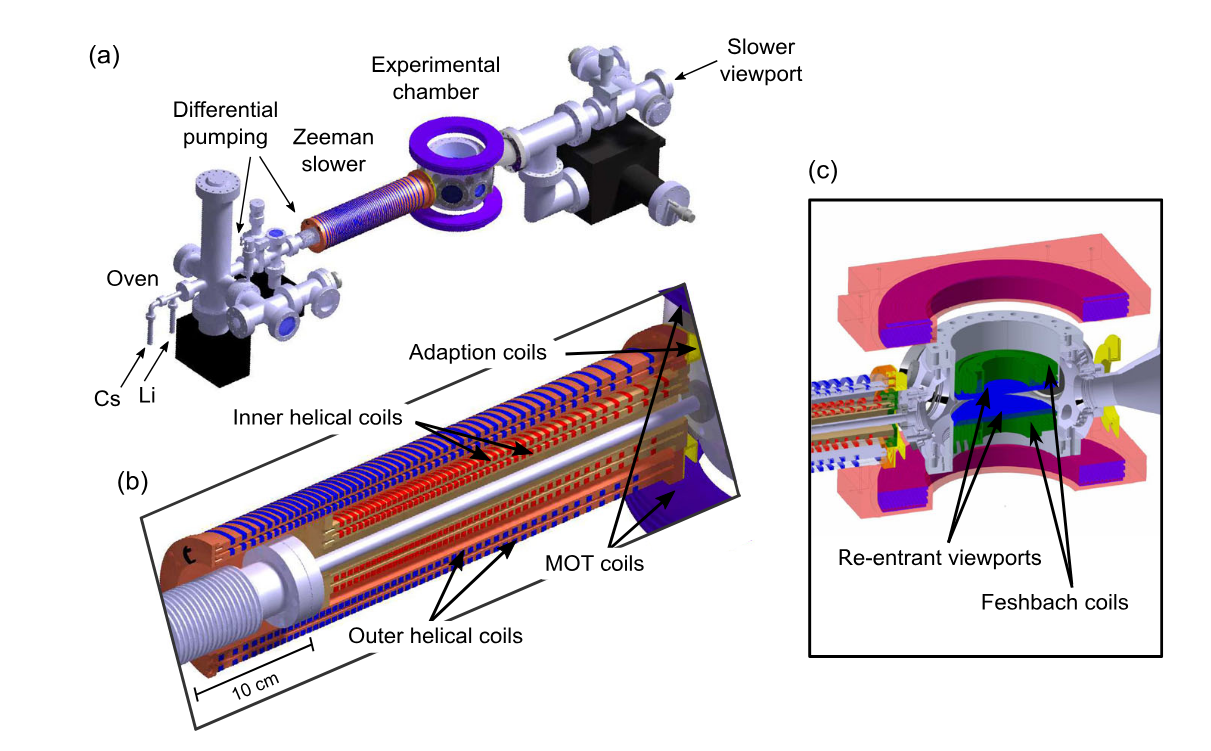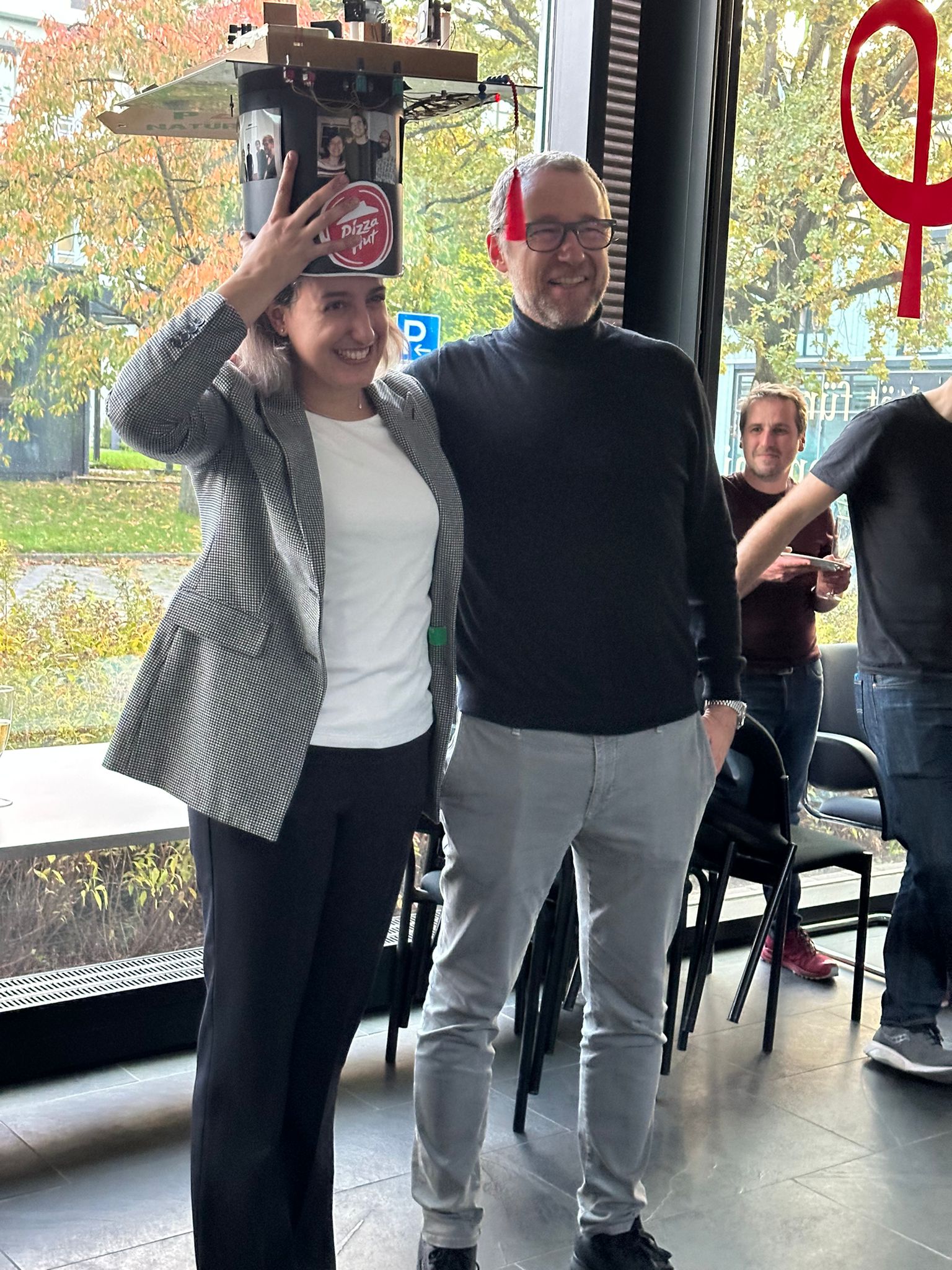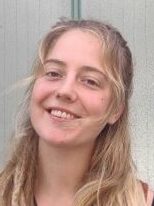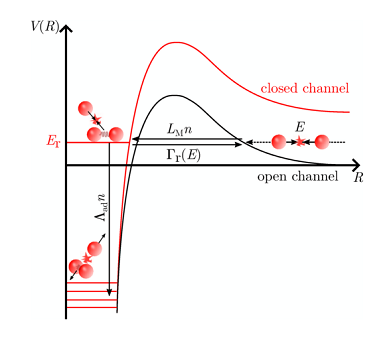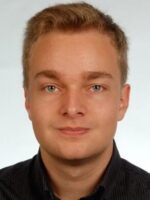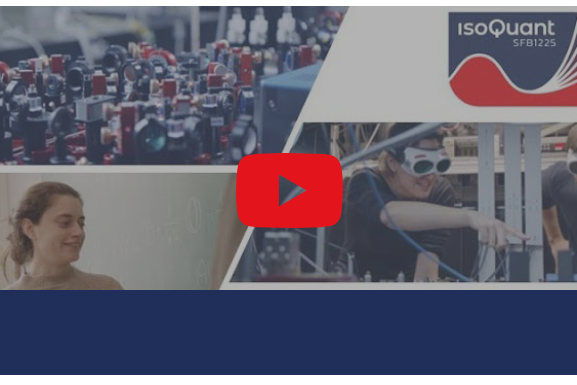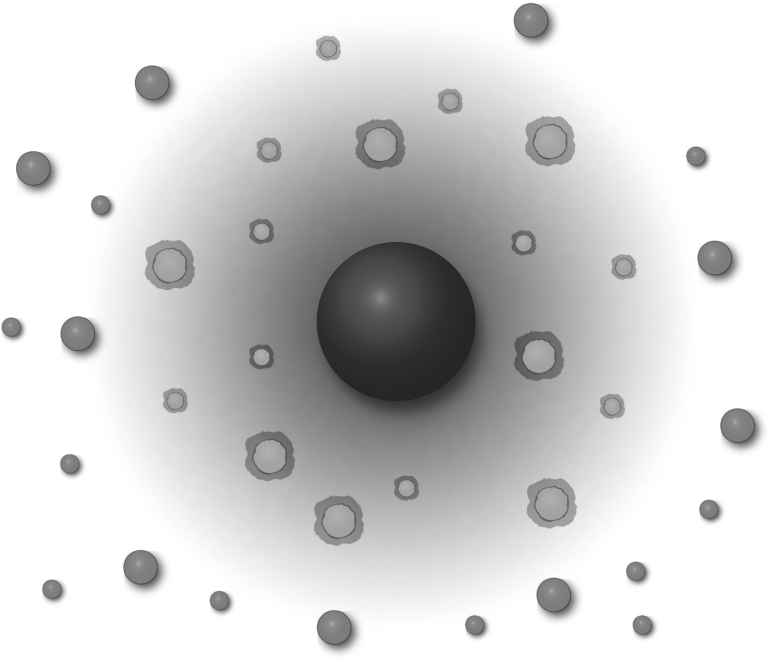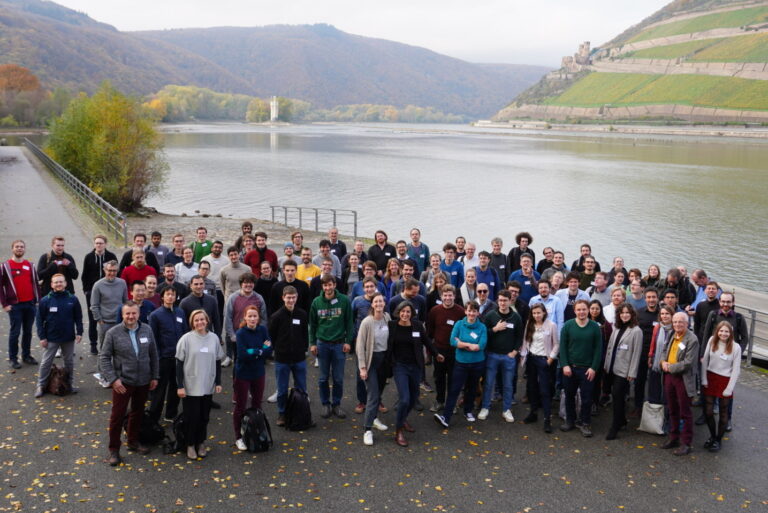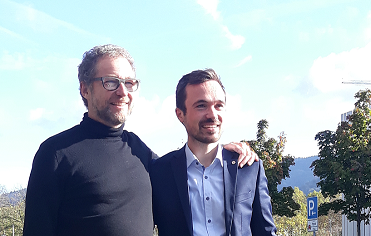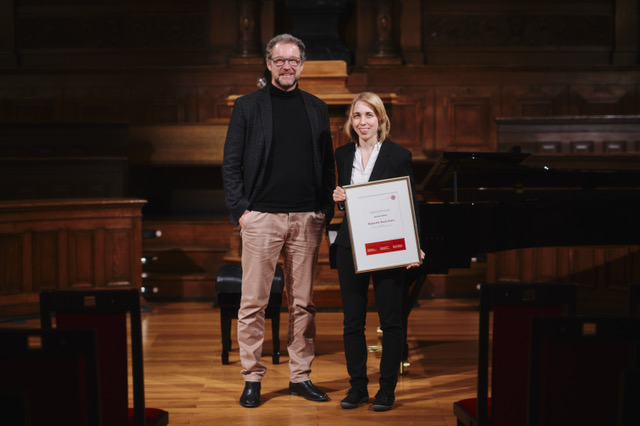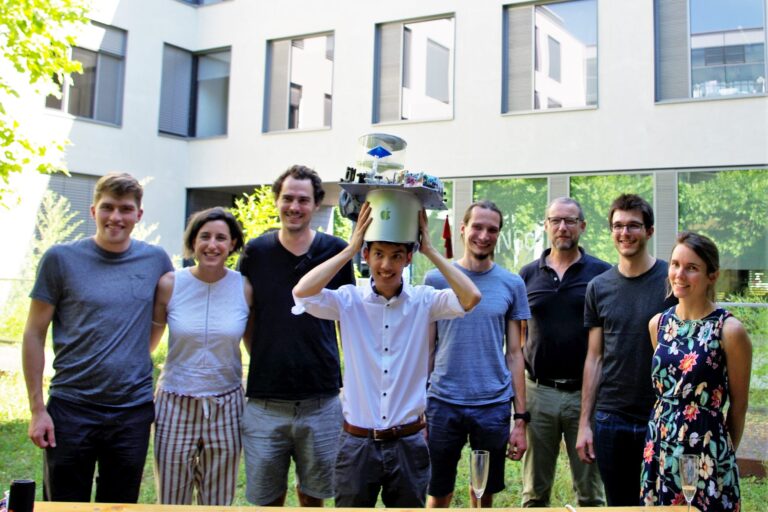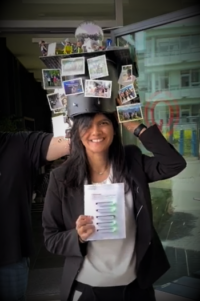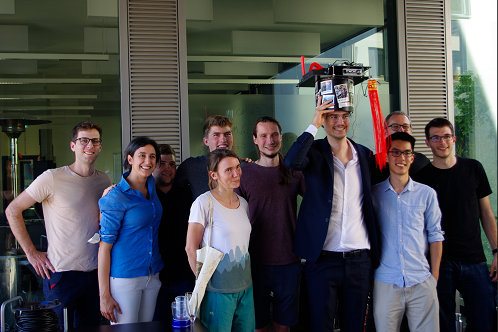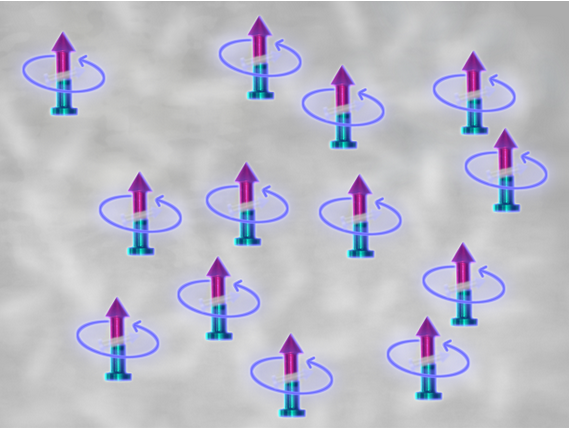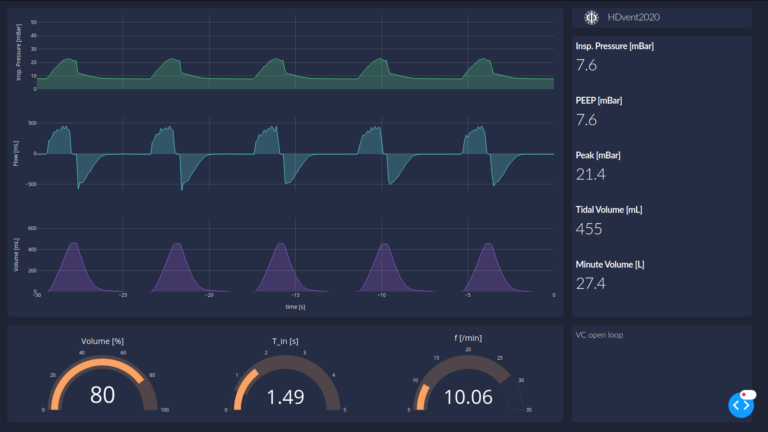Christmas celebrations at the Physikalisches Institut !!
This year, our group had the honor of hosting the yearly Christmas celebrations for the Physikalisches Institut on 19th December 2024. We hope everyone enjoyed the event and would like to extend our heartfelt thanks to everyone who joined us in the celebration, making it a memorable and enjoyable experience for all. Your participation truly made the event special, and we are grateful for the wonderful community spirit shared during this festive time.
New members join Rydberg team !!!
We are thrilled to welcome Maharshi Pran Bora and Matthias Lotze as our new PhD student and Bachelors student respectively who started with the Rydberg team from October 2024. We look forward to working closely with both of them and witnessing their growth and success in our collaborative environment.
“An Experimental Platform for Studying the Heteronuclear Efimov Effect with an Ultracold Mixture of Li-6 and Cs-133 Atoms” now published on Few-Body Systems!
Our paper describing the Li-Cs mixing experimental apparatus has been now published in the journal Few-Body Systems! Experiments involving atomic mixtures with a large mass imbalance face significant challenges in slowing, cooling, and trapping the species together. This paper highlights the development of efficient techniques to address these issues, focusing on three aspects: slowing of hot atoms, managing of dipole traps, and controlling magnetic fields. This machine allowed the investigation of the heteronuclear Efimov effect in the ultracold Li-Cs mixture as reported in several previous publications. Reference: Check it out here: An Experimental Platform for Studying the HeteronuclearEfimov Effect with …
Congratulations to Dr. Lippi!
Congratulations to Eleonora Lippi who today defended her PhD thesis “Cs-133 atoms in a Li-6 Fermi sea for exploring polaron physics in the heavy impurity limit”. It has been a wonderful experience working alongside you and we cannot wait to see what the future brings. We wish you the best of luck! Reference: PhD Thesis: Cs-133 atoms in a Li-6 Fermi sea for exploring polaron physics in the heavy impurity limit
Anna-Katharina Nitschke starts her PhD in the Digital Twins team
Anna stays with the Digital Twin group after successfully finishing her Master Thesis about an Architecture of Digital Twins of Patients in Urology and will continue her research on Digital Twins in Medicine for applications in Global Health together with partners from the Heidelberg Institute of Global Health and STRUCTURES. We wish good luck!
“Anomalous loss behavior in a single-component Fermi gas close to a p-wave Feshbach resonance” published in Phys. Rev. A !
This month, our paper on “Anomalous loss behavior in a single-component Fermi gas close to a p-wave Feshbach resonance” was published in Phys. Rev. A! In this work we studied the theoretical processes of three-body loss in a p-wave interacting Fermi gas. The study predicts a new type of three-body loss behavior in these kinds of systems which could be observed in lithium-6 polarized in the lowest hyperfine groundstate. Reference:
Eduard starts his PhD in the Rydberg team
Eduard starts today his PhD in the Rydberg group after having successfully ended a Master thesis on nonequilibrium phenomena in disordered spin systems in the same team. We wish you good luck!
Mixtures lab plays as “actor” in the video for promoting Isoquant
The Mixtures lab appears in the video for promoting Isoquant CRC 1225. Check the video on YouTube! This image video was realized within the Isoquant – Science Communication project in collaboration with the scientific film agency Aha! Film. The aim is to explain the spirit of our Collaborative Research Center to a broad audience.
Mini-workshop on polarons
On the 8th of December 2022, we had the pleasure to host a mini-workshop on polaron physics. Our LiCs team met with the experimental LiK group of Prof. Rudi Grimm from Innsbruck (Austria) and the theoretical groups of Prof. Richard Schmidt and Prof. Tilman Enss from Heidelberg (Germany). Each of them presented their activities and discussed possible collaborations.
QSEC2022 Conference in Bingen
From the 14th to the 18th of November took place in Bingen am Rhein (Germany) the International Conference on Quantum Systems in Extreme Conditions (QSEC2022), organized by the Collaborative Research Center “Isoquant”. Within our group, Eleonora and Lauriane were part of the Organizing Committee. The conference has the aim to bring together experimental and theoretical researchers working on quantum systems in extreme conditions. The event focuses on cross-disciplinary developments from heavy ion collisions, precision spectroscopy in highly charged ions, and ultracold quantum gases.
Titus Franz obtains his PhD!
Titus Franz defended successfully his PhD thesis on Rydberg atoms. Congratulations for this big result and good luck for your PostDoc in Munich!
Annika receives the Ruprecht-Karl Prize 2022 for Physics
Annika Tebben has been awarded with the “Ruprecht-Karls-Preis” for Physics for her PhD dissertation on “Rydberg Electromagnetically Induced Transparency – A vanishing linear response, resonances, and a stationary Rydberg polariton “. The ceremony took place on the evening of November 4th in the “Alten Aula” of the University of Heidelberg. We are proud of her and we wish her the best of luck for her future.
Congratulations to Dr. Tran!
Congratulations to Binh Tran who today defended his PhD thesis “From Efimov Physics to Polarons in an Ultracold Mixture of Li and Cs Atoms”. We wish him the best of luck for his future! Reference: PhD Thesis: From Efimov Physics to Polarons in an Ultracold Mixture of Li and Cs Atoms
Saba, last PhD in Haitrap team, obtains her PhD!
Saba defended successfully today her PhD thesis! She is the last member of the Haitrap-experiment which now on will go into retirement. Congratulation to Saba who contributed to finish-up many open works of this experimental machine. Good luck with your future!
Congratulations to Dr. Gerken!
We are glad to announce that Manuel Gerken has defended today his PhD thesis “Exploring p-wave Feshbach Resonances in Ultracold Lithium and Lithium-Cesium Mixtures”. Congratulations to him and the best of luck for his future! Reference: PhD thesis: Exploring p-wave Feshbach Resonances in Ultracold Lithium and Lithium-Cesium Mixtures
Floquet Hamiltonian engineering of an isolated many-body spin system: paper published in Science!
This month, our paper on “Floquet Hamiltonian engineering of an isolated many-body spin system” got published in Science! In this work, by periodically driving an isolated spin system, we changed a naturally given many-body Hamiltonian into a desired target form. Using a sequence of time-periodic microwave pulses, we change the Hamiltonian of our interacting Rydberg-spin system from a Heisenberg XX-model into an effective XYZ-model with tunable symmetry. As a consequence, the magnetization relaxation dynamic of the is drastically modified. The ability to engineering a wide range of Hamiltonians opens vast opportunities for implementing quantum simulation of non-equilibrium dynamics in a …
Welcome to Tobias and Michael starting their PhD in the Mixtures team
A warm welcome to our news PhDs, Micheal and Tobias. Michael starts his PhD after have concluded his master thesis in our group studying the relation between Efimov scenario and Fermi polarons. Tobias joins us from Karlsruhe where he did his master thesis on optical fiber-based micro resonators. Good luck to both!
Digital Twin project starts
A new project starts in the group. The Digital Twin group consists of two members, Anna Nitscke, who wants to start her master thesis in this project. And Carlos Brandl, who starts his PhD after being a Master student at the Rydberg team. Together with Prof. Ommer from the IWR the team tries to find new ways of creating digital twins for medicine. The project is part of the collaborative CLINIC5.1 project, lead by the University Hospital and funded by the BMWK.
HDVent emergency ventilator system: a child project of COVID-19 times
Our group participated to the Physics Institute’s effort to create an emergency ventilator to support patients suffering from COVID-19. David, Manuel, Eleonora, Binh and Saba gave a large contribution to this project child of this year of pandemy. The design of the HDvent Emergency Ventilator has now been published and full details are available open source on the HDVent website and on github! Reference: D. Grimshandl et al., The HDvent Emergency Ventilator System, arXiv:2012.13005, or see our full list of publications For more information: Website: HDVentGithub: HDVent on Github
Lauriane Chomaz arrives in Heidelberg as new Jun.-Prof. and joins the Mixtures team!
Lauriane Chomaz received her nomination as Junior Professor of Heidelberg University and will start setting up her group “Quantum Fluids” and her new lab on quantum dipolar gases of Dy atoms at the Physikalisches Institut. In parallel, she will also join the Mixtures team to explore the physics of quantum atomic mixtures with extreme mass imbalance! Good luck and welcome to our team, Lauriane! For more information: Website: Quantum Fluids

